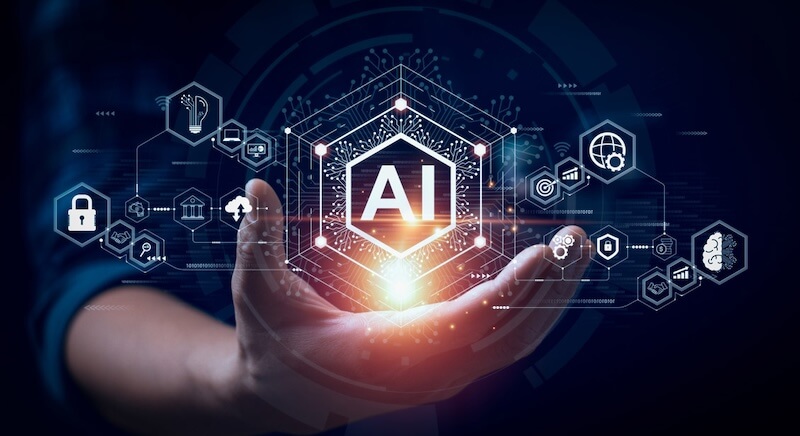Agentic AI is rapidly emerging as a transformative force, poised to redefine how we interact with technology and automate complex tasks. This new paradigm in artificial intelligence moves beyond traditional AI, which primarily reacts to user input, by creating systems that can autonomously make decisions, plan actions, and execute them to achieve specific goals with minimal human oversight. Tech leaders are increasingly embracing agentic AI, recognizing its potential to enhance productivity, streamline operations, and drive innovation across various industries.
Agentic AI systems distinguish themselves through their capacity for autonomy, goal-oriented behavior, and environmental interaction. Unlike traditional AI systems programmed for specific tasks, agentic AI can understand and interpret complex, nuanced contexts and goals, allowing for more specific interactions and decision-making processes based on well-defined workflows. They leverage technologies like natural language processing (NLP), machine learning, and reinforcement learning to perceive their environment, reason through challenges, and adapt their strategies accordingly. Large language models (LLMs) play a crucial role, enabling these systems to comprehend nuanced human speech, analyze vast amounts of data, and generate insightful predictions. Agentic AI systems can operate independently, making decisions based on their programming, learning, and environmental inputs. These AI agents are designed to pursue specific objectives, optimizing their actions to achieve the desired outcomes. An agentic AI interacts with its surroundings, perceiving changes and adapting its strategies accordingly.
The potential applications of agentic AI span a wide range of sectors. In customer service, AI agents can resolve inquiries, process transactions, and offer personalized support around the clock. For instance, an AI agent could check a user's outstanding balance and recommend which accounts could pay it off, completing the transaction when prompted. In healthcare, these systems can assist with diagnostics, treatment planning, and patient monitoring, improving efficiency and accuracy. Financial services can leverage agentic AI for analyzing market data and expediting trade executions. Agentic AI systems in urban planning can analyze all types of datasets to help planners make informed decisions, such as real-time traffic data and camera sensors. Agentic AI used for human resources can help organizations go beyond gen AI capabilities and instead provide autonomous decision-making and dynamic employee support. Automated workflow management is another key application, with AI agents managing business processes autonomously, such as reordering supplies and optimizing supply chain operations. A logistics company might use an agentic AI system to automatically adjust delivery routes and schedules based on real-time traffic conditions and shipment priorities.
Several factors are driving the rapid adoption of agentic AI. The increasing availability of large datasets, scalable computing power, and advanced machine-learning algorithms has enabled the development of more sophisticated and capable AI agents. Furthermore, the growing need for automation and efficiency across industries is pushing organizations to explore agentic AI solutions. Companies like Google, OpenAI, and Microsoft are heavily investing in agentic AI research and development, unveiling new tools and platforms that empower developers to build and deploy AI agents more easily.
Despite its immense potential, agentic AI also presents several challenges and concerns. Ensuring the safety, security, and ethical use of these autonomous systems is paramount. As AI agents become more capable of making decisions without human intervention, it is crucial to establish clear guidelines and regulations to prevent unintended consequences. Data privacy and security are also significant concerns, as agentic AI systems often require access to vast amounts of sensitive data. Addressing these challenges will require collaboration between researchers, policymakers, and industry stakeholders.
Looking ahead, the future of AI will likely be shaped by the continued advancement and integration of agentic capabilities. As these systems become more sophisticated, they will be able to handle increasingly complex tasks and adapt to dynamic environments. Agentic AI is not just a step in the evolution of automation; it is a breakthrough capability that will become a competitive necessity. The convergence of agentic AI with other emerging technologies, such as the Internet of Things (IoT) and edge computing, will unlock even greater possibilities for autonomous systems in various domains.















